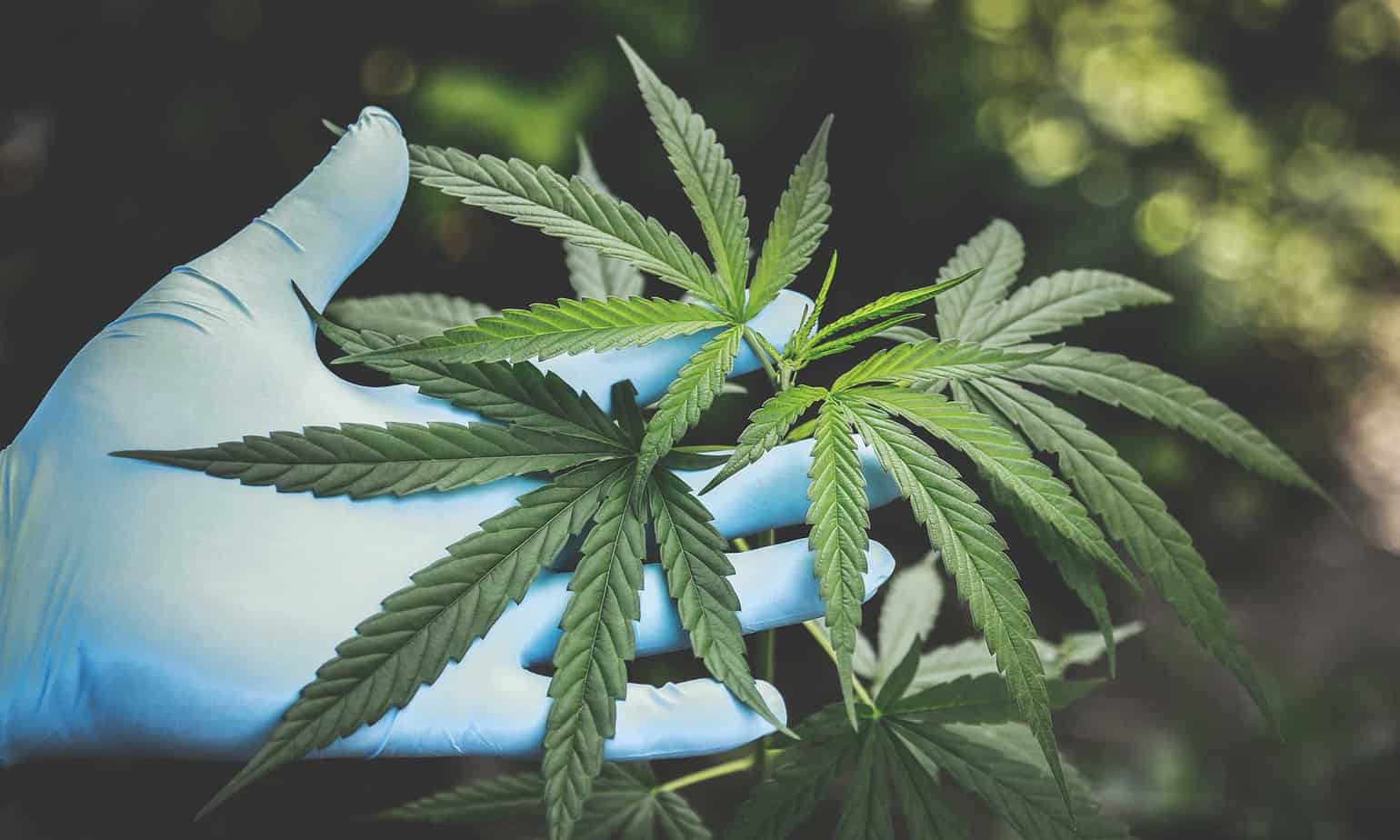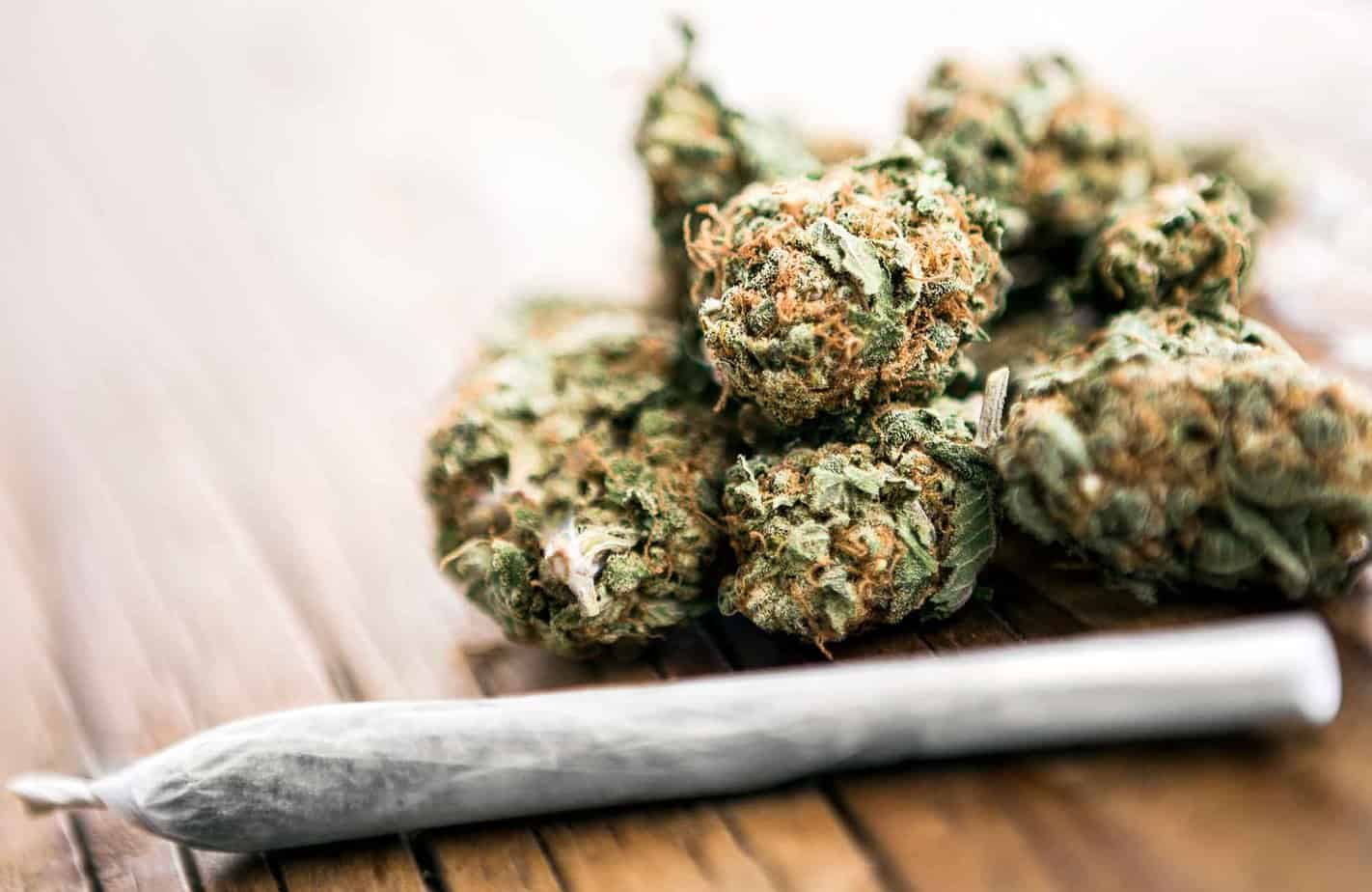New York City Council Member (District 3) Erik Bottcher, and Mountainside Chief Medical Officer Dr. Randall Dwenger met at Mountainside NYC in June 2023. Originally recorded by Council Member Bottcher’s social team as an educational post for Instagram, the two discussed how the legalization and normalization of marijuana in New York City has led to a spike in addiction issues among teenagers.
Video Transcript
Erik Bottcher: Hey Everyone! We’re at the Mountainside NYC center here in Chelsea on 18th Street, we cut the ribbon today to this new treatment center for people with addictions, they’ve got several locations in the tri-state area and we’re so happy to have them in Chelsea. I’m here with Dr. Randall Dwenger, who is the Chief Medical Officer of Mountainside, and one of the reasons I wanted to make this (Instagram) Reel today is because we were talking about issues affecting NYC, and Dr. Randall Dwenger was talking to me about what we’re seeing with young people coming in who’ve been smoking a lot of marijuana, and it’s something that’s been in the news because of all of the pot stores, but I don’t think that something that’s been in the news as much is the affect that we’re seeing on our young people who are smoking too much. Can you talk to us a little bit about that?
Dr. Randall Dwenger: Sure, I was in the city for 20 years until I moved out to Connecticut, but coming back here and seeing all of the cannabis stores was really a shock and smelling it on the streets is quite a change. The real issue with young people and the current cannabis is it’s strength and potency. It’s 60 to a hundred times stronger than the older strains, but also the effects it has on the young people’s developing brains – the frontal lobe has not yet fully formulated. The frontal lobe is what is really important for making judgements and decision making, and if that doesn’t develop, it might result in a lifetime of poor decision making and can take you down the wrong road.
The other thing that I’m seeing is that the potency can really cause some very serious side effects in terms of paranoia and psychosis, and sometimes those don’t go away. It makes things worse, because a lot of psychiatric disorders come up in your late-teens and early twenties. Young people should probably not smoke at all, but I want to save their brains until they’re twenty-four or twenty-five when they’re fully developed, then they can probably make better choices.
Erik Bottcher: As a doctor, what kinds of individual cases are you seeing, with young people who come in, are they young people who smoke pot every day, and what kind of effects are you seeing in your clinic?
Dr. Randall Dwenger: The young people that come to treatment are usually people that are smoking on a daily basis, what we used to call ‘wake and bake’ – they would get up in the morning and that would be the first thing that they do. Usually, the casual users are not coming to treatment unless they get into some sort of trouble with their schools, but it’s still affecting their brain even if they’re just casual users, and it affects their lives and long-term trajectories. I think that’s the hardest thing – once people go off track, it’s hard to get them back on a positive trajectory.
Erik Bottcher: I want to thank you for everything that you do, and the people of all ages that you help here who are in recovery from all different kinds of things, and thanks for everything that you do for New York and all your patients.
Dr. Randall Dwenger: We’re thrilled to be back here in New York, and thank you Erik, we really appreciate it.
If you or a loved one is struggling with addiction, Mountainside can help.
Click here or call (888) 833-4676 to speak with one of our addiction treatment experts.

 By
By 






